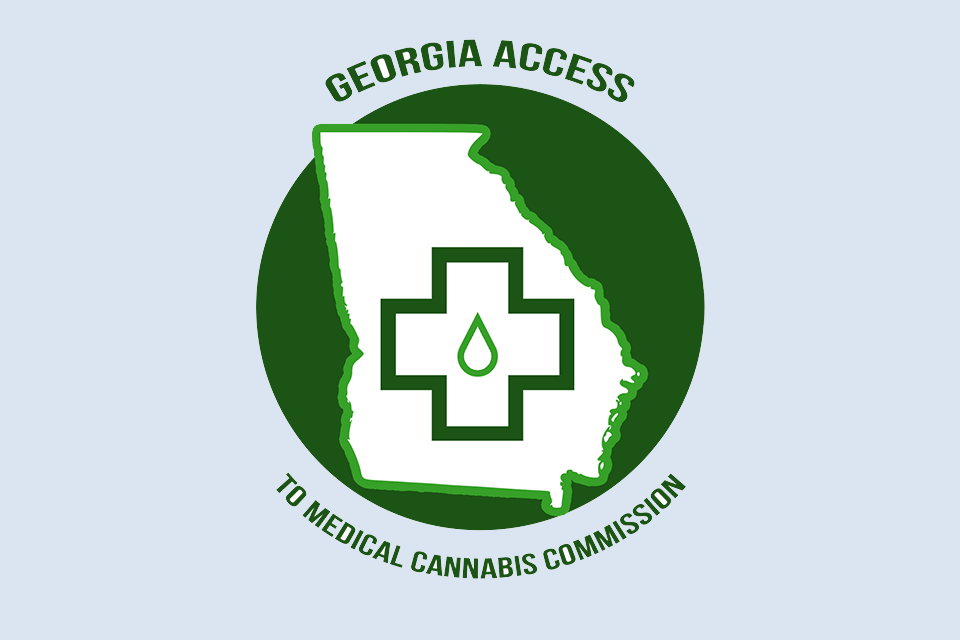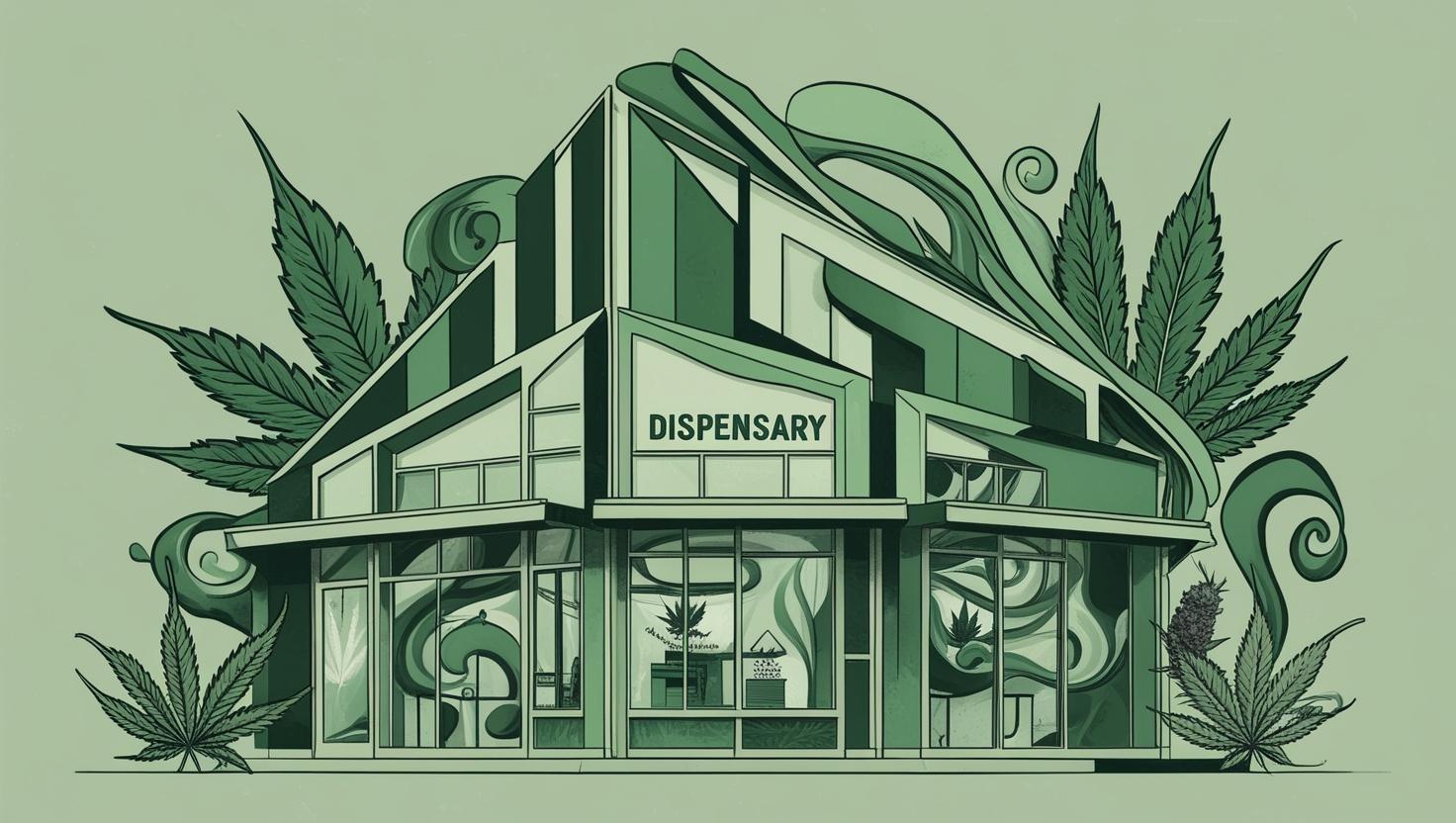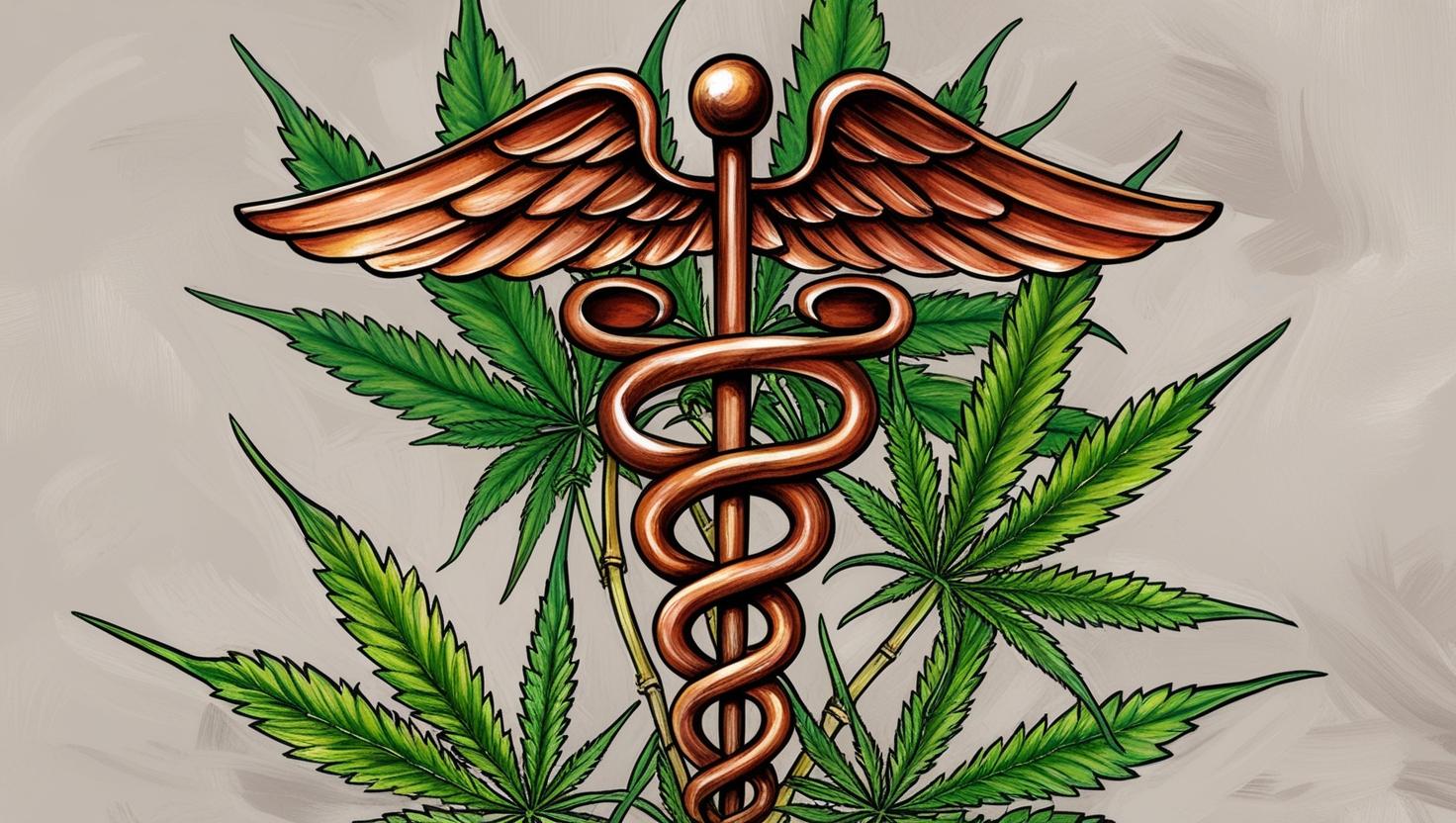Medical Marijuana Laws in Georgia: A 2025 Update
Georgia’s medical marijuana laws have evolved significantly since the state first legalized low-THC cannabis oil in 2015 under the Haleigh’s Hope Act. While the program remains one of the most restrictive in the United States, recent legislative developments in 2025 signal a potential shift toward broader accessibility and expanded options for patients. This article provides an overview of Georgia’s medical marijuana laws, their historical context, and ongoing legislative efforts to reform the program.
A Brief History of Medical Marijuana in Georgia
Georgia’s journey with medical marijuana began in 1980 with the Controlled Substances Therapeutic Research Act, which allowed clinical trials of cannabis for cancer and glaucoma patients. However, this program was short-lived and largely symbolic due to federal restrictions on cannabis.
The state took a more significant step forward in 2015 with the passage of the Haleigh’s Hope Act, named after a child whose severe seizures were alleviated by cannabis oil. This law allowed patients with specific qualifying conditions to possess up to 20 fluid ounces of low-THC oil containing no more than 5% THC. The program was tightly regulated, requiring patients to register with the Georgia Department of Public Health and obtain a Low THC Oil Registry Card.
In 2019, the Georgia Access to Medical Cannabis Commission (GMCC) was established to oversee the cultivation, production, and distribution of medical cannabis within the state. However, it wasn’t until April 2023—eight years after legalization—that Georgia opened its first dispensaries for low-THC oil sales.
Current Medical Marijuana Laws in Georgia
As of 2025, Georgia’s medical marijuana program remains limited compared to other states. The key features of the program include:
- Low-THC Oil Only: Patients are restricted to using cannabis products containing no more than 5% THC. Raw plant material (flower), edibles like cookies or candies, and hemp-derived products are prohibited.
- Qualifying Conditions: Patients must have one or more qualifying medical conditions, such as epilepsy, cancer, Parkinson’s disease, multiple sclerosis, or post-traumatic stress disorder (PTSD). Until now, many conditions had to be classified as “severe” or “end-stage” for eligibility.
- Possession Limits: Patients can legally possess up to 20 fluid ounces of low-THC oil.
- Dispensary Access: There are currently 15 dispensaries across Georgia operated by six licensed production companies. In October 2024, independent pharmacies were also authorized to sell low-THC oil products.
- Registry Requirements: Patients must obtain a Low THC Oil Registry Card through their physician and the Department of Public Health to access medical cannabis legally.
Legislative Developments in 2025
The 2025 legislative session has brought renewed attention to Georgia’s restrictive medical marijuana laws, with several bills advancing through the General Assembly aimed at expanding access and improving patient care.
Senate Bill 220: The “Putting Georgia’s Patients First Act”
Sponsored by Sen. Matt Brass (R-Newnan), SB 220 proposes substantial changes to Georgia’s medical cannabis program:
- Increased THC Limit: The bill would raise the allowable THC concentration from 5% to 50%, providing patients with more effective treatment options for severe symptoms.
- Expanded Product Options: While raw flower remains prohibited, SB 220 would legalize vaping products and gummies derived from cannabis oil for faster relief.
- Broader Eligibility Criteria: The bill seeks to remove language requiring conditions like cancer or Parkinson’s disease to be “severe” or “end-stage,” making it easier for patients with earlier-stage diagnoses to qualify. Lupus would also be added as a qualifying condition under this legislation.
- Revised Possession Limits: The current possession limit of 20 fluid ounces would be replaced with a two-ounce cap on medical cannabis products in various forms.
- Education Initiatives: SB 220 would authorize third-party organizations to educate physicians, patients, and caregivers about medical cannabis while prohibiting brand-specific advertising.
The bill has garnered bipartisan support and passed the Senate Health and Human Services Committee on February 26, 2025.
House Bill 227
A companion bill introduced by Rep. Robert Dickey (R-Musella), HB 227 focuses on similar reforms but stops short of increasing THC limits or allowing vaping products. It emphasizes patient autonomy by allowing doctors and patients greater discretion in determining eligibility without requiring hospice-level care.
Challenges and Controversies
Despite these proposed reforms, Georgia’s medical marijuana program faces criticism for its slow rollout and limited scope compared to other states. Advocates argue that even with SB 220’s changes, the prohibition on raw flower and edibles keeps Georgia far behind states like Florida or Illinois that offer comprehensive medical cannabis programs.
Get registered here…





One response to “Medical Marijuana Laws in Georgia: A 2025 Update”
Hi, this is a comment.
To get started with moderating, editing, and deleting comments, please visit the Comments screen in the dashboard.
Commenter avatars come from Gravatar.